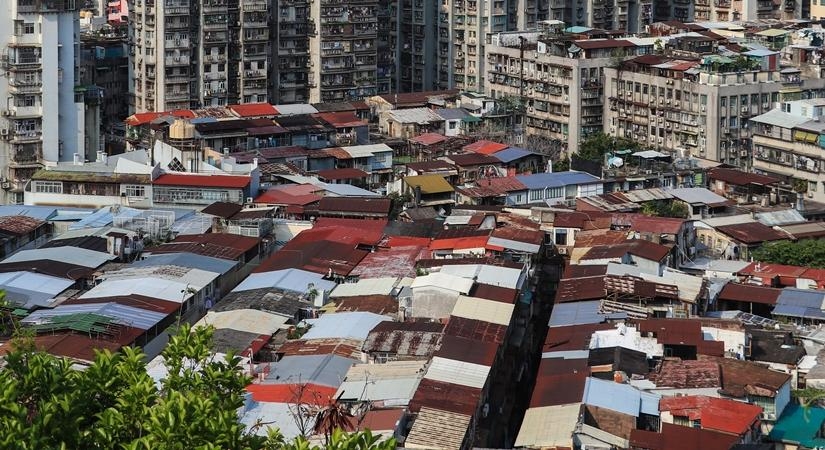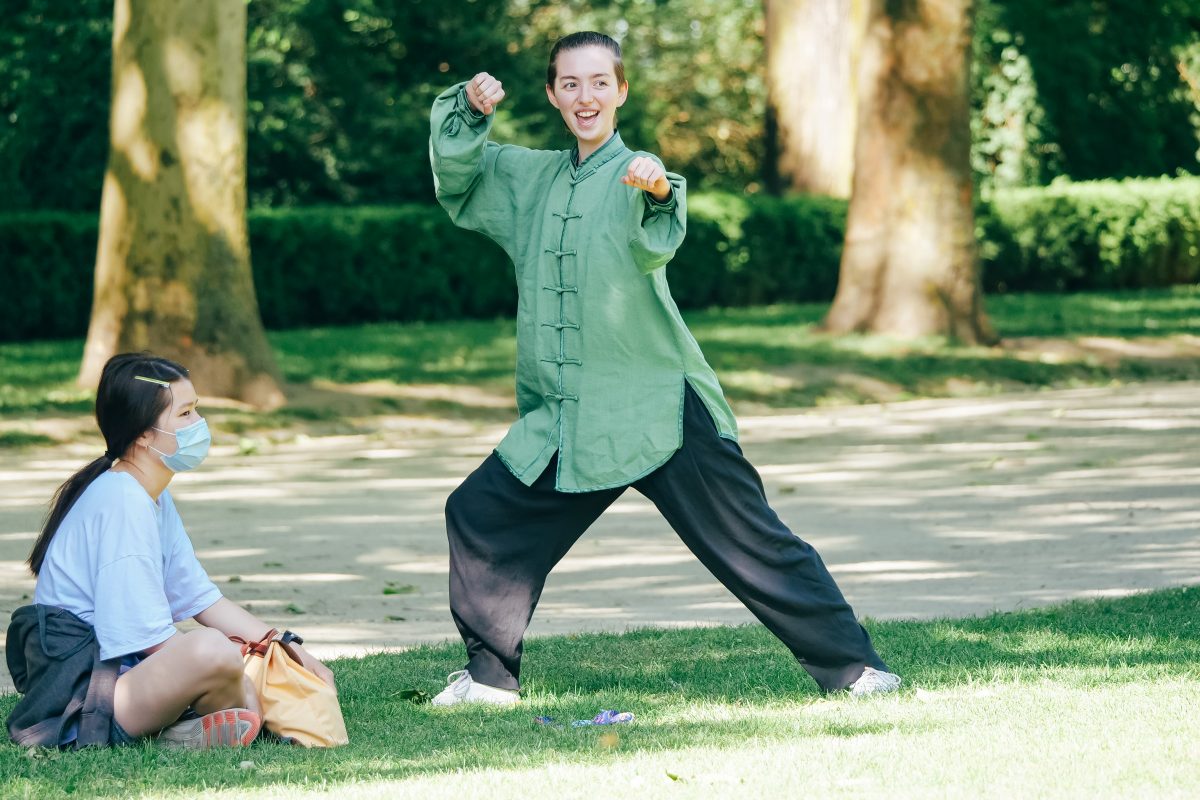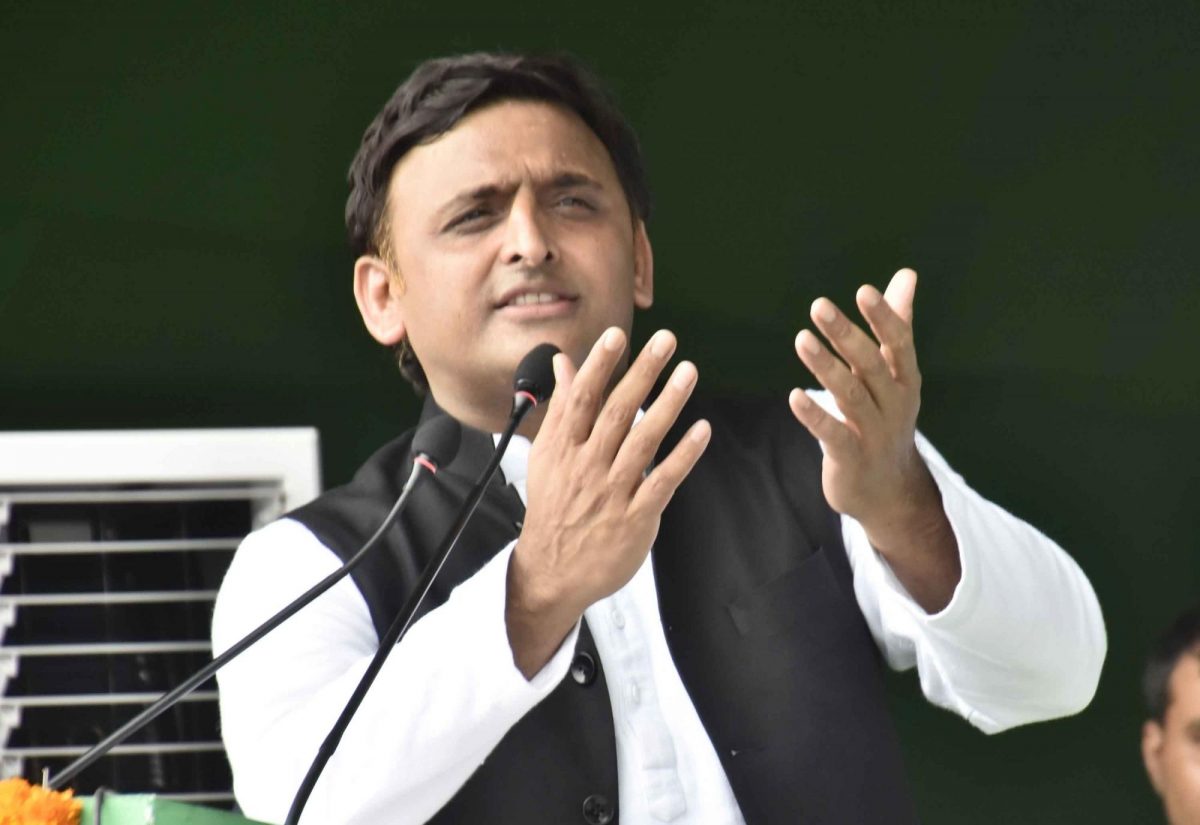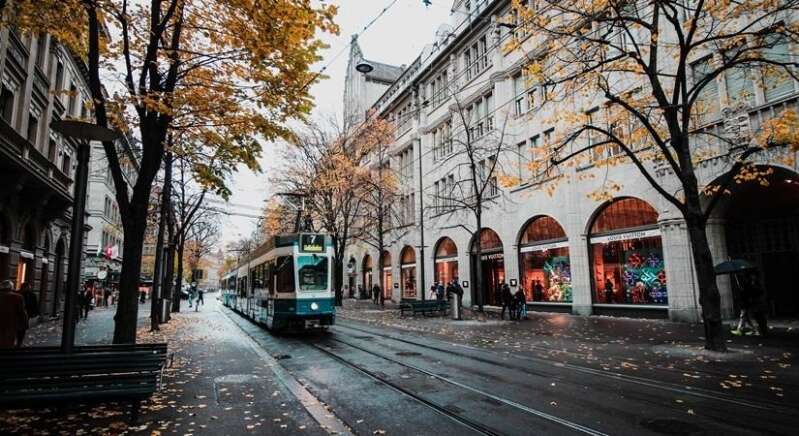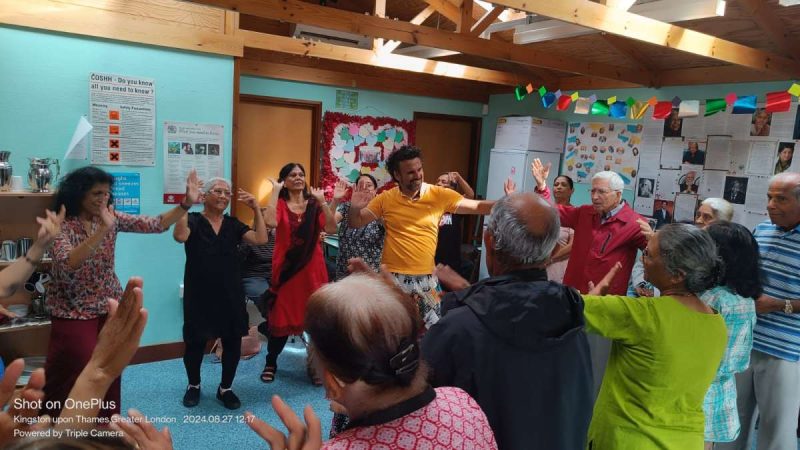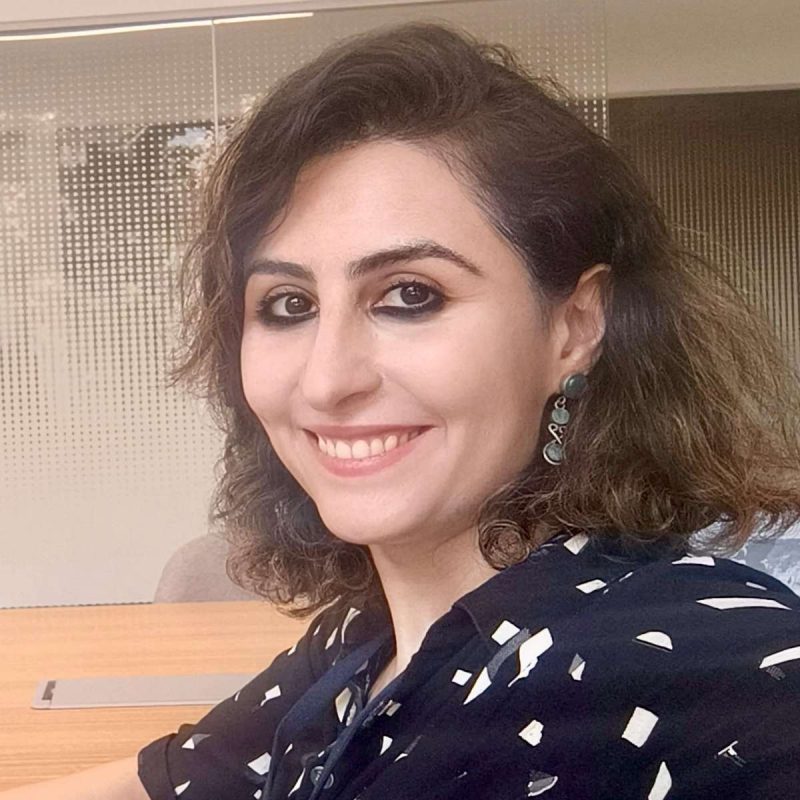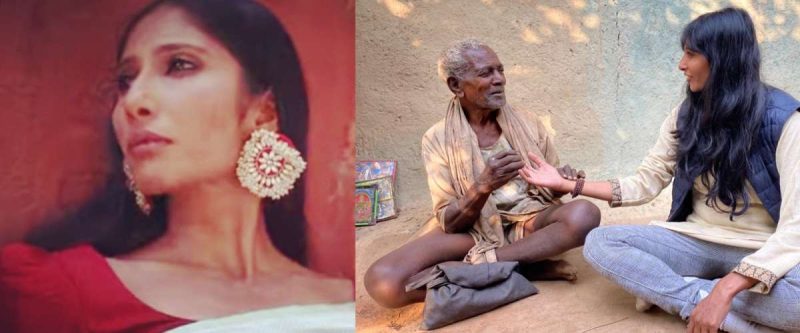Long before the film ‘Gully Boy jolted the popular imagination of talent in a citys underbelly, a not-so-quiet revolution has been seething in the bylanes of Dharavi in Mumbai since 2014 .
It was in a small shantie that the ‘The Dharavi Dream Project’, which has been running as an after school for the past six years in Asia’s largest slum, started with an aim to help create and sustain an environment in which the under-resourced Hip-Hop talent can be encouraged and educated, was conceived.
“Not only are we helping them with expanded opportunities to have their works performed, but also encouraging an environment in which the common man has a better understanding of the value of music and its importance to our cultural and economic life,” says Dolly Rateshwar, co-founder, The Dharavi Dream Project.
Considering the area is one of the worst affected by the Covid-19 pandemic, the Project recently collaborated with the team of #ApnaDeshApnaMask to amplify the message of making masks at home through a rap composition that was delivered to appeal to the youth.
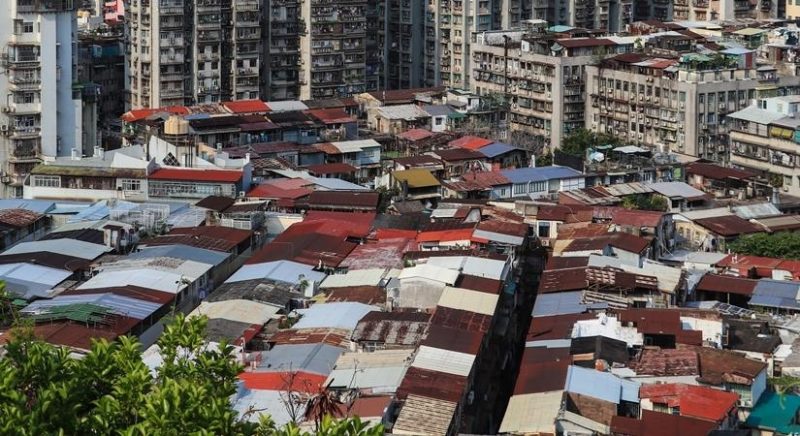
With lyrics composed by McCann Worldwide team and dance rendered by the Dharavi Dream Project, the project was supported and mentored by Remo Dsouza.
With six instructors in all and boasting of supporters like filmmaker Shekhar Kapur and music composer A.R. Rahman, who have come down to the school several times and chose the school for the 10-year-anniversary of ‘Slumdog Millionaire’ that was held recently, Dolly admits that working on the project has not been without some serious roadblocks.
“To start with, there would be frequent threatening calls as some people were not happy with the fact that a non-resident of Dharavi was trying to do something for the community there, and that too in Hip-Hop. Also, a woman enabler in Hip-Hop is something that is easily acceptable. The bigger elephant in the room — being a woman enabler from a non-hip-hop background,” she smiles.
Admitting that initially they did face much backlash from the parents of those who wanted to pursue such an unheard of art form, she remembers that the primary question they would ask was will if they would earn any money from this.
“Thanks to Hindi movies like ‘Gully Boy’ that created quite a buzz, students could tell their parents that they too could have a shot at popularity and making some money. Of course, the students are acquainted with the fact that not every artist will become a star and there are multiple avenues in Hip-Hop such as artist manager, social media handler, events business, live gigs and stage management,” she says.
Ask her about funding and Dolly says that ascertaining them for smooth operations has always been a major problem. Stating that it would have been ideal to start something with a lump sum capital in place which was never to be, she remembers how in the initial days, the trustee and co-founder Samir Bangara would hand over Rs 10,000 from his personal savings to pay for rent of the school which was one- room shantie.
She adds: “To convince people to invest in such a model never heard of before was a nightmare and it still is because besides us and one more organisation which is into music, one will hardly come across any music based NGO running in the under-served areas. Frankly, Qyuki Digital Media along with Universal Music came in as a blessing to become our first and the only two CSR partners until now. It’s a long way to secure funding on an on-going basis, more so in times of Covid-19 when there is a need for us to sustain our After School of Hip-Hop. We will be launching our first fundraising campaign in the first week of June.”


